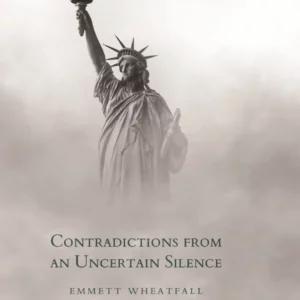Reviewed by Carol Barrett
Contradictions from an Uncertain Silence by Emmett Wheatfall 
Fernwood Press, 2025, 40 pages, $28.00 hardbound
ISBN 9781594981524
Available at fernwoodpress.com
From the incisive opening poem, “When the Time Comes for You to Speak,” to the concluding “America’s End,” Emmett Wheatfall urges us to resist and refuse the battlements of racism and injustice. The poem, “Inside America,” recounts this personal journey:
I’ve tried all my life to find acceptance, America. To you who have kept your foot wedged against the door,
I know who you are
and who you have been
and who you continue to be.
The passkey I’ve been given is faulty. My place has been in the kitchen rather than America’s living room.
In search of an image comparable to this deliberate “othering,” the poem, “In America (the Other Way),” asks:
America / am I your left foot / your shoeless left foot
Wheatfall supplies his own opposition to the current federal administration in very bold poems, which often use a singular striking metaphor to make their point. In “If the 45th President is Reelected,” he claims:
we will not have knocked the meteor out of the night sky
will we have punched a hole in our Founding piece of paper
The poet emphatically stakes out the human risk we encounter daily. “In America, Unsafe Is Everywhere” provides a litany of spaces where safety eludes, whether a parade, a park, a porch, a prison, a fenced-in property, a school, a supermarket. And in “Wherever Americans Are,” he lays out the premise that as Americans we currently
worship/ at the altar of the gun.
The poem continues its threat of violence to the recent attack on the US capitol.
But Wheatfall will not let us off any dangling hook from the outrages of the present; he chastises humanity for our historical mistreatment of marginalized groups, often writing in persuasive first person voice.
I’m a descendant of slaves,
so I know nothing of
the pilgrims’ pride.
Black bodies
if stacked
rise From ev’ry mountainside
(“In My Country ‘Tis of Thee”)
One of the most compelling personal accounts relays his mother’s choice of his given name, Emmett. In the prose poem “My Mother’s Right of First Refusal” he tells us:
My mother never stuttered telling me. She exercised her Right of First Refusal, refusing to inform me first about Emmett Kelly, the clown, Emmett, Idaho, sheriffs in Westerns named Emmett, and a host of first-name Emmetts.
The poem acknowledges Emmett Till and the rage his brutal killing still carries. It concludes with the speaker’s decision to name a son Jonathan, saying I took it upon myself to cut loose that lingering noose.
In other poems, Wheatfall shares his empathy with other maligned groups, including Jews (“I Am Not Jewish – Yet” and gay folks (“Pride.”) In an occasional poem, Wheatfall shifts to the voice of another embattled group. In “The Face of Your Nation,” we hear the lament of the Kurds who waved when you came to our aid, but who now, tragically:
Cannot find refuge in the arms of another
Unbury our children from unmarked graves
The impact of these poems is heightened by the discreet use of philosophers and writers in pithy quotes––Jean-Paul Sartre, Voltaire, Langston Hughes. The cover illustration for these disturbing “contradictions” is a photo of the statue of liberty by Tom Coe. Each poetic indictment of our American failures suggests the vulnerability––and dishonesty––of our founding principles. Each of these poems could cut off a finger until the flaming scepter must fall.
A short collection – 24 pages of poetry––leaves me wanting more. And to follow the poet’s example, that something more may need to come from readers. Let us claim when it is time to speak. Let us stop ignoring past grievances. Let us rewrite present calamities, encouraged by Wheatfall’s spare but sharp rhetoric. Surely our convictions about the sanctity of each life merit a clear and compelling expression of truth.
Reviewer’s Bio
